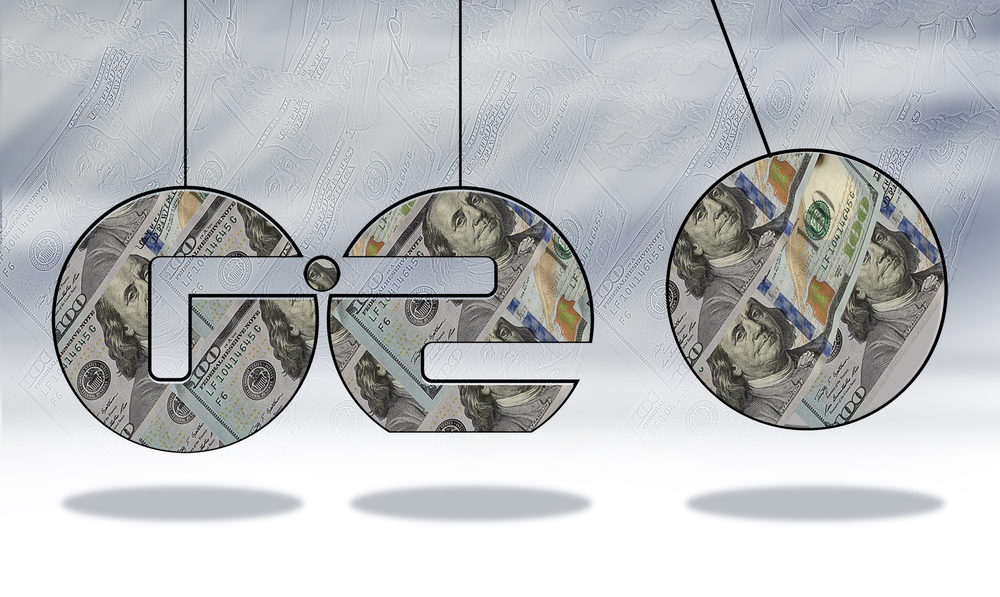Look for Changes When China Takes Over G20 Presidency

Please note that we are not authorised to provide any investment advice. The content on this page is for information purposes only.
After half a decade of low growth, global organizations continue to represent the victors of World War II, not the economic powerhouses of the 21st century. However, change is in the air. Following a series of coordinated terror attacks in Paris, the Islamic State of Levant left the “city of light” in dark. Only hours later, world leaders began the G20 Summit in Antalya, Turkey.
After half a decade of low growth, global organizations continue to represent the victors of World War II, not the economic powerhouses of the 21st century. However, change is in the air. Following a series of coordinated terror attacks in Paris, the Islamic State of Levant left the “city of light” in dark. Only hours later, world leaders began the G20 Summit in Antalya, Turkey.
International media was quick to report that the terrorist attacks in France will dominate the G20 conference. Nevertheless, no military agenda should distract the G20 from its real job, which is that of supporting, accelerating and sustaining the kind of economic development that can undermine the underlying causes of terrorism.
As the current G20 president, Turkey’s President Recep Tayyip Erdogan has pushed inclusiveness, implementation and investment for growth. In particular, the Antalya Summit hoped to push new measures on infrastructure investment, trade and structural reforms.
What the world needs is growth and economic development. In this G20 quest, China will be the primary driver in 2016.
Global economic prospects
G20 nations are the world’s economic engines, which account for 90 percent of the world economy, 80 percent of global trade, 66 percent of world population and 84 percent of all fossil fuel emissions.
Right before the G20 Summit, the International Monetary Fund (IMF) released a report about global economic growth prospects, which have been systematically marked down over the past half a decade. The IMF warned that there is a risk of a world economy persistently mired in sub-par growth, with high levels of poverty and unemployment.
After half a decade of failed efforts to boost global growth, increasing unemployment, poverty and continued debt taking, such an outcome would fuel increasing geopolitical friction.
To secure a solid and sustainable recovery, G20 policies need a substantial upgrade that combined efforts to boost the cyclical rebound with structural reforms. Otherwise, the projected 3.6 percent growth in 2016 will face a downgrade as well.
The nations that won World War II still dominate international inter-governmental organizatioins – not by the economic powerhouses that will reign in the 21st century.
In the official G20 paper, Turkish Prime Minister Ahmet Davutoglu noted, “the Great Recession in 2008-09 taught us that the solution to global challenges rests in global actions.” Therefore, the challenge becomes how to mitigate global challenges when global organizations still represent mainly advanced economies – and thus their values and interests.
In the absence of adequate and effective governance reforms, global economic and financial institutions – such as the IMF, the World Bank, the World Trade Organization, the Asian Development Bank and the rest – will not be able to handle unending crises.
After the near-collapse of the global economic system in 2008-09, Washington, Brussels and Tokyo – the advanced economies that continue to dominate the IMF and other multilateral organizations – agreed to comprehensive reforms of global monetary and financial systems.
Yet, even the initial, much humbler objectives – such as the 6 percent shift in quota share to the emerging economies – have been ignored by foot-dragging in the White House and the Congress. Similarly, the World Bank’s capital increase did not materialize, even though emerging economies were ready to contribute.
In the coming months, expectations are that advanced economies will take serious and quicker action to let emerging economies increase their say in international governance.
In the absence of broad and deep reforms in global multilateral organizations, effective change will remain a pipedream. To put it bluntly: no reforms, no change.
For the first time since 2008-09, change is in the air, however.
China’s contribution to G20 cooperation
Amid the global crisis and its aftermath in 2009-11, China shouldered the responsibility of driving economic growth in times of the extraordinary economic hardship, contributing up to 50 percent of world economic growth.
Despite deceleration, the Chinese economy is likely to grow almost 7 percent this year and it will thus still contribute about one third to the global growth.
“The current crisis is far more complex than any of the previous crises, and it cannot be fixed overnight,” said President Xi, noting that a multi-pronged approach is required to overcome the crisis. While each country is responsible for measures to manage its domestic economy, all share a joint responsibility for global growth.
To achieve that goal, Xi raised four proposals, including strengthening communication and coordination on macroeconomic policies; promoting reform and innovation to enhance growth potential; building an open world economy to bring out vigor in international trade and investment; and implementing the 2030 Agenda for Sustainable Development to inject strong impetus into equitable and inclusive development.
The world is less than two weeks away from December 1, when China will take over the G20 presidency from Turkey. That’s when China can start pushing a more effective G20.
China’s role as the G20 host is a milestone moment. While expectations should not be too high, it is only fair to anticipate that China will shift G20 focus more on economic development and the eradication of poverty, global governance reforms and the kind of global cooperation that is more likely to represent the interests and values of the entire world community – not just a few wealthy nations.
China’s Quest for a More Effective G20 is republished with permission from The Difference Group




